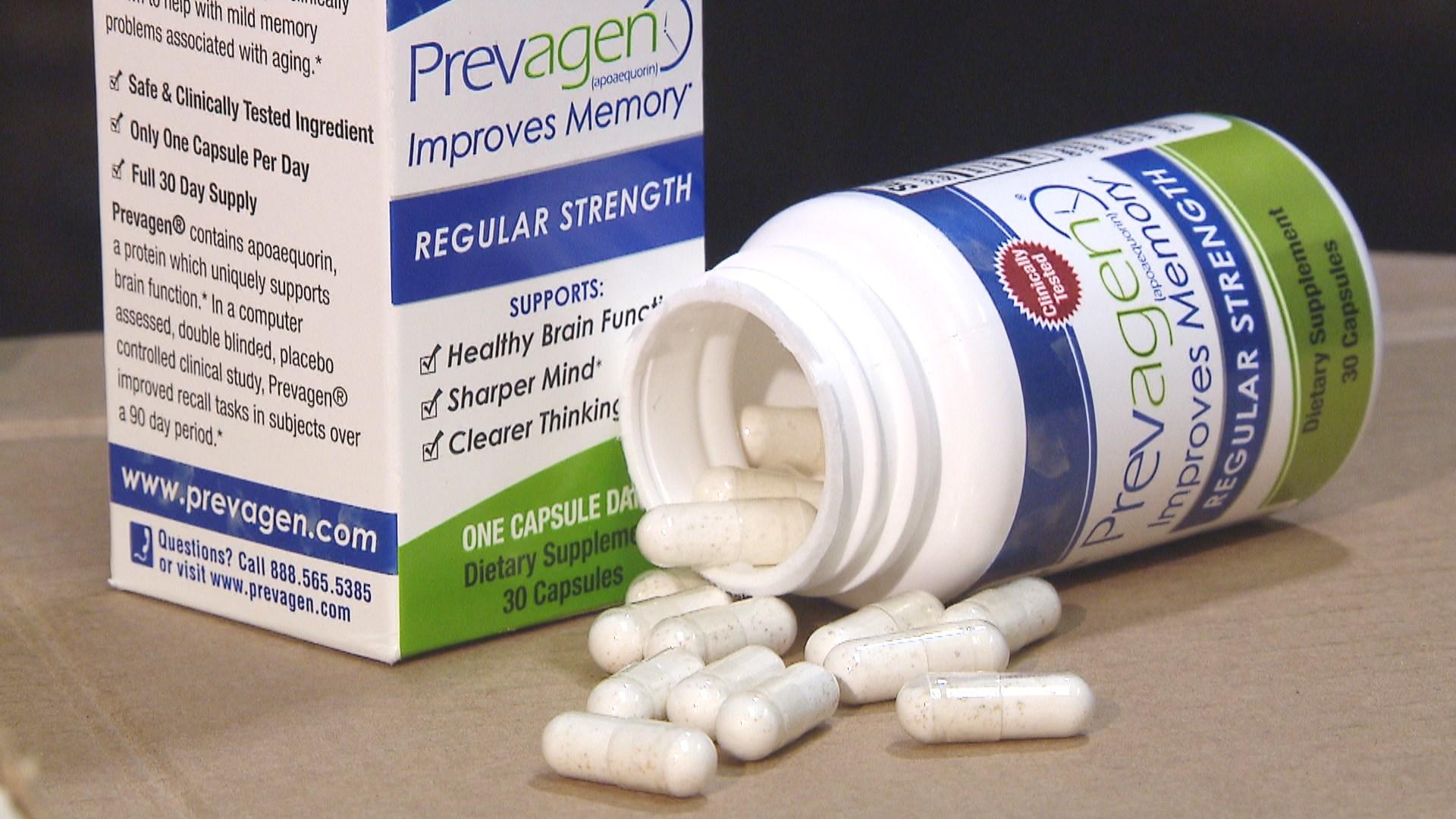Is Prevagen All It’s Advertised to Be?
For the past couple of years, there has been an abundance of advertisements for a supplement called Prevagen. In their advertisements and on their website, they claim:
“Research on Prevagen’s Main Ingredient”
“Some age related issues may be unwanted, such as the normal memory loss associated with aging. The main ingredient in Prevagen, apoaequorin, was originally found in jellyfish and has been clinically shown to be safe and improve memory and support brain function based on the studies below.”
There have been questions about some of the claims made by the makers of Prevagen as to whether or not it does what they say and if it is safe to use. After all, supplements are largely unregulated by the government.
In response to these questions, the Prevagen website posts four studies that support their product:
“1- Madison Memory Study
In a double-blinded, placebo-controlled trial, Prevagen demonstrated the ability to improve aspects of cognitive function in participants with either normal cognitive aging or very mild impairment, as determined by pre-trial screening. The group of participants taking Prevagen improved certain aspects of cognitive function according to computer-based testing. The adults were over 40 years old and took one capsule daily (10 mg) for 90 days.”
“2- Safety Study I
The main ingredient in Prevagen, apoaequorin, was evaluated for safety using a toxicity study, a common method for evaluating dietary supplements. In doses much higher than can be reasonably consumed (4,000 times the recommended daily amount of Prevagen Regular Strength) apoaequorin showed no adverse effects when taken orally.”
“3- Safety Study II
In a separate safety study, Apoaequorin has not shown to have any significant risk of allergic reactivity when ingested.”
‘4- Safety Study III
In a third study conducted on the safety of apoaequorin, the protocol followed was very similar to Safety Study I, however, in this instance, the dosage amounts were much higher, up to 16,000 times the expected human daily consumption. Once again apoaequorin showed no adverse effects when taken orally.’
But what do other sources say about Prevagen?
ConsumerLab.com reports:
“Question:
Does Prevagen really improve memory?
Answer:
According to the company’s website, people who use people Prevagen (Quincy Bioscience) can “experience improved memory, a sharper mind, and clearer thinking. However, a review of the evidence indicates that these effects are not well substantiated. In addition, the FDA has warned Quincy Bioscience in the past against claiming Prevagen could treat conditions such as head injuries and Alzheimer’s disease and for failing to report adverse reactions. The FDA has also claimed that the key ingredient, apoaequorin, a synthetic protein, is not an acceptable ingredient in a dietary supplement.” (There is more to the report, but you have to pay for it.)
The American Council on Science and Health reported:
“The supposed ‘active’ ingredient is a protein called ‘apoaequorin’ that according to the marketer ‘was originally plucked from a variety of jellyfish.’ That bit of info is meant to conjure up an image of safety, catering to the notoriously false belief that natural substances are somehow inherently safer than synthetic ones. Never mind that some jellyfish actually produce a venom that can be lethal to humans. Of course the origin of apoaequorin is irrelevant when it comes to safety or efficacy, what matters is what the evidence demonstrates.”
“Why should there be any connection between a jellyfish protein and brain function? The glow produced by some jellyfish is produced when apoaequorin binds to calcium, a finding that is of interest to researchers because the human brain also contains calcium-binding proteins that play a crucial role in brain function. Nerve cells need calcium for proper functioning, but it has to be just the right amount of calcium, not too little and not too much. Calcium-binding proteins protect against excess calcium but unfortunately, with age the levels of these proteins decrease and the resulting high levels of unbound calcium can damage nerve cells, impairing thought and memory. The jellyfish protein has an amino acid sequence that is very similar to that of the body’s calcium-binding proteins, and indeed, when cells in the lab are treated with this protein, they are more resistant to induced damage. This has spawned the idea that apoaequorin can protect nerve cells from some of the consequences of aging. Maybe so, in cell cultures in the lab.”
“However, if this protein is ingested in a pill form, for any hope of efficacy it would have to survive digestion, be absorbed into the bloodstream, and then cross the blood brain barrier. But proteins are readily broken down during digestion into amino acids and peptides so the chance of an intact protein ending up in brain cells is remote, to say the least. Forget the scientific implausibility though; the relevant question is whether Prevagen works.”
As for the safety of Prevagen, American Council on Science and Health reported:
“There is another kicker. The company’s ‘evidence of safety’ basically admits that the product cannot work. The unpublished, hyped study concludes: ‘The current study assesses the allergenic potential of the purified protein using bioinformatic analysis and simulated gastric digestion. The results from the bioinformatics searches with the apoaequorin sequence show the protein is not a known allergen and not likely to cross-react with known allergens. Apoaequorin is easily digested by pepsin, a characteristic commonly exhibited by many non-allergenic dietary proteins’.”
There are other reports that also question the effectiveness of Prevagen. It’s up to you if you want to spend your money on this product or not, but I wanted you to aware of both sides.









Recent Comments